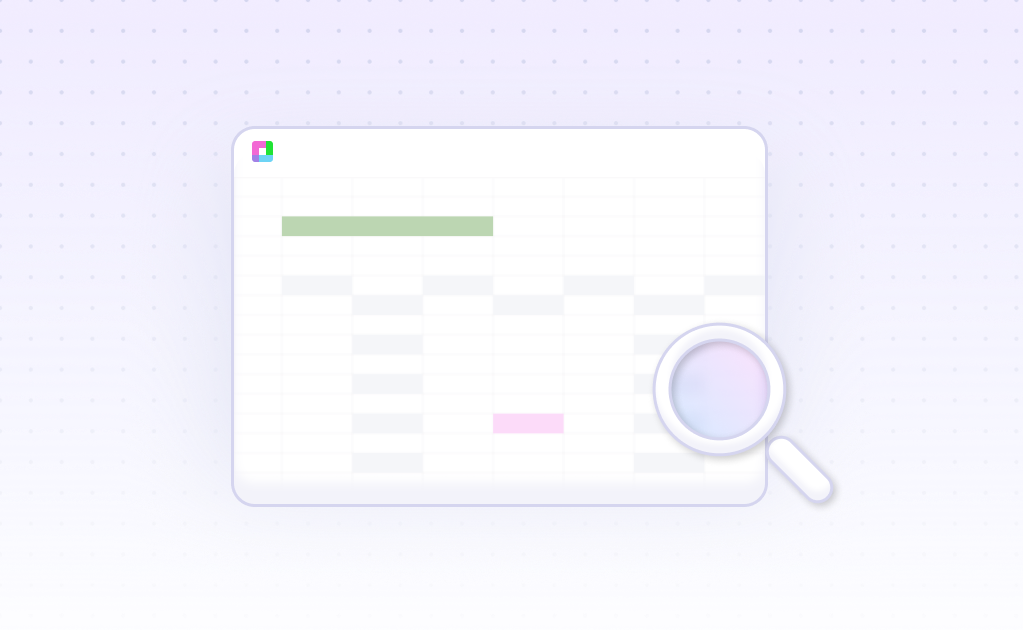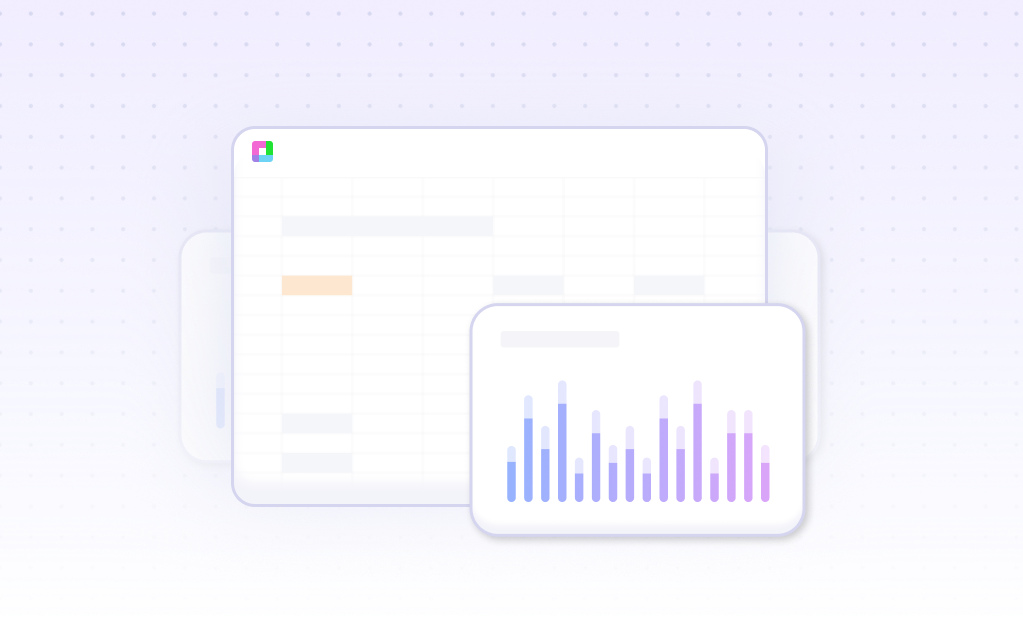
Why Gene Therapy Analysis Matters
Gene therapy research generates massive datasets—from vector delivery efficiency to patient response metrics. Healthcare researchers need powerful tools to make sense of this complexity. Traditional spreadsheet methods fall short when dealing with longitudinal patient data, multi-variable therapeutic outcomes, and regulatory reporting requirements.
Sourcetable transforms this challenge into opportunity. Our AI-powered analysis capabilities help research teams identify patterns in treatment efficacy, track adverse events, and generate comprehensive reports that drive better therapeutic decisions.
Transform Your Gene Therapy Research
Discover how AI-powered analysis accelerates breakthrough discoveries
Automated Data Processing
Process complex genomic datasets, patient records, and clinical trial data automatically. No more manual data entry or formula errors.
Pattern Recognition
Identify therapeutic response patterns, genetic markers, and treatment correlations that might be missed in manual analysis.
Regulatory Compliance
Generate FDA-compliant reports and documentation with built-in templates for clinical trial submissions and safety monitoring.
Real-time Collaboration
Share findings instantly with research teams, clinicians, and regulatory bodies. Track changes and maintain audit trails.
Statistical Analysis
Perform complex statistical tests, survival analysis, and efficacy measurements without specialized software knowledge.
Visual Reporting
Create publication-ready charts, graphs, and visualizations that clearly communicate research outcomes to stakeholders.
Gene Therapy Analysis in Action
See how research teams use Sourcetable to accelerate discoveries
Clinical Trial Outcome Tracking
A research institute analyzing CAR-T cell therapy outcomes tracked 200+ patients across multiple treatment protocols. Using Sourcetable's AI analysis, they identified optimal dosing schedules 40% faster than traditional methods, leading to improved patient responses and reduced adverse events.
Vector Delivery Optimization
A gene therapy company tested various delivery vectors across different tissue types. Sourcetable's pattern recognition capabilities helped identify the most effective vector-tissue combinations, reducing development time from 18 months to 12 months and saving millions in research costs.
Safety Monitoring Dashboard
A clinical research organization created real-time safety monitoring dashboards for ongoing gene therapy trials. The AI-powered system automatically flagged potential adverse events, enabling immediate interventions and improving patient safety protocols.
Regulatory Submission Preparation
A biotech startup preparing their IND application used Sourcetable to compile and analyze preclinical data from multiple studies. The automated reporting features generated compliant documentation 60% faster than manual preparation, accelerating their path to clinical trials.
Your Gene Therapy Analysis Workflow
From raw data to published results in four simple steps
Import Your Data
Upload clinical trial data, genomic sequences, patient records, or laboratory results. Sourcetable automatically recognizes data structures and suggests optimal organization methods.
AI-Powered Analysis
Ask questions in plain English: 'What's the correlation between vector dose and therapeutic response?' or 'Identify patients with adverse events in the first 30 days.' The AI handles complex calculations instantly.
Generate Insights
Discover patterns in treatment efficacy, identify biomarkers for patient selection, and track longitudinal outcomes. Statistical tests and confidence intervals are calculated automatically.
Create Reports
Generate publication-ready tables, regulatory-compliant documents, and presentation materials. Share findings with research teams or submit to journals with confidence.
Comprehensive Gene Therapy Analytics
Every analysis type you need for successful gene therapy research
Efficacy Analysis
Measure therapeutic outcomes, response rates, and treatment durability. Compare different gene therapy approaches and identify optimal treatment protocols.
Safety Profiling
Track adverse events, monitor patient safety metrics, and identify risk factors. Generate safety reports for regulatory submissions and ongoing monitoring.
Biomarker Discovery
Identify genetic markers, protein expressions, and cellular indicators that predict treatment response. Accelerate patient stratification and personalized therapy development.
Pharmacokinetic Modeling
Analyze drug distribution, metabolism, and elimination patterns. Optimize dosing schedules and predict therapeutic windows for maximum efficacy.
Frequently Asked Questions
Can Sourcetable handle genomic sequence data and large clinical datasets?
Yes, Sourcetable processes large genomic datasets, clinical trial data, and laboratory results efficiently. Our AI can analyze millions of data points and identify patterns that would be impossible to detect manually, while maintaining data security and compliance standards.
How does the AI help with statistical analysis of gene therapy outcomes?
The AI performs complex statistical tests including survival analysis, efficacy measurements, and correlation studies using natural language commands. You can ask questions like 'Calculate the hazard ratio for treatment response' and get publication-ready results with confidence intervals and p-values.
Is the platform compliant with FDA and regulatory requirements?
Sourcetable includes built-in templates for regulatory submissions, maintains detailed audit trails, and supports FDA-compliant documentation standards. The platform helps ensure your analysis meets regulatory requirements for clinical trial reporting and drug approval processes.
Can I collaborate with my research team and external partners?
Yes, Sourcetable supports real-time collaboration with role-based access controls. Research teams can share findings, review analyses, and maintain version control while protecting sensitive patient data and proprietary research information.
What types of gene therapy data can be analyzed?
Sourcetable analyzes all types of gene therapy data including viral vector characterization, delivery efficiency metrics, patient response data, adverse event tracking, biomarker measurements, and longitudinal outcome studies. The platform adapts to your specific research needs.
How quickly can I generate reports for publications or regulatory submissions?
Report generation is automated and takes minutes instead of days. The AI creates publication-ready tables, regulatory-compliant documents, and presentation materials based on your analysis results. You can customize formats for different journals or regulatory bodies.
Frequently Asked Questions
If your question is not covered here, you can contact our team.
Contact Us




